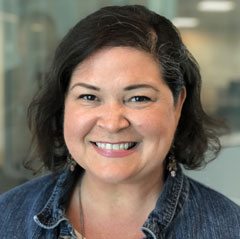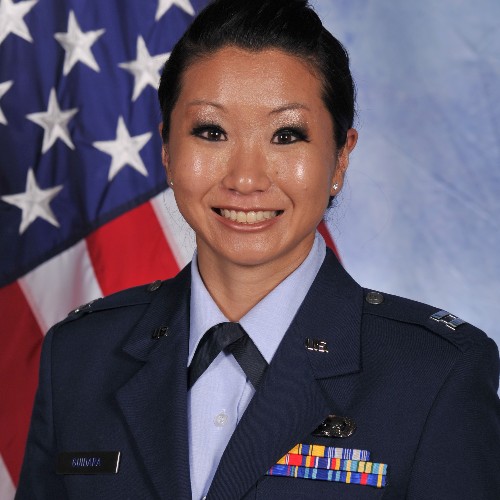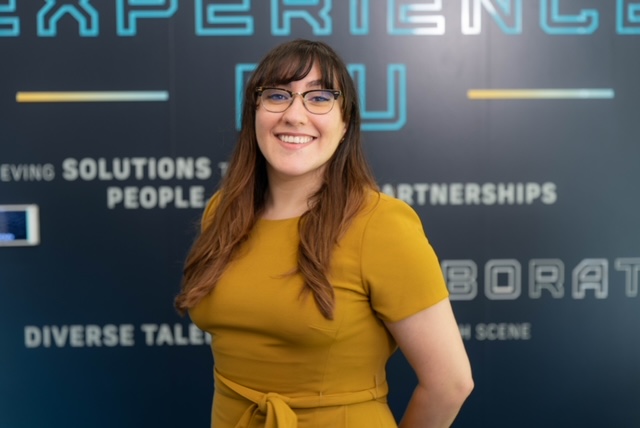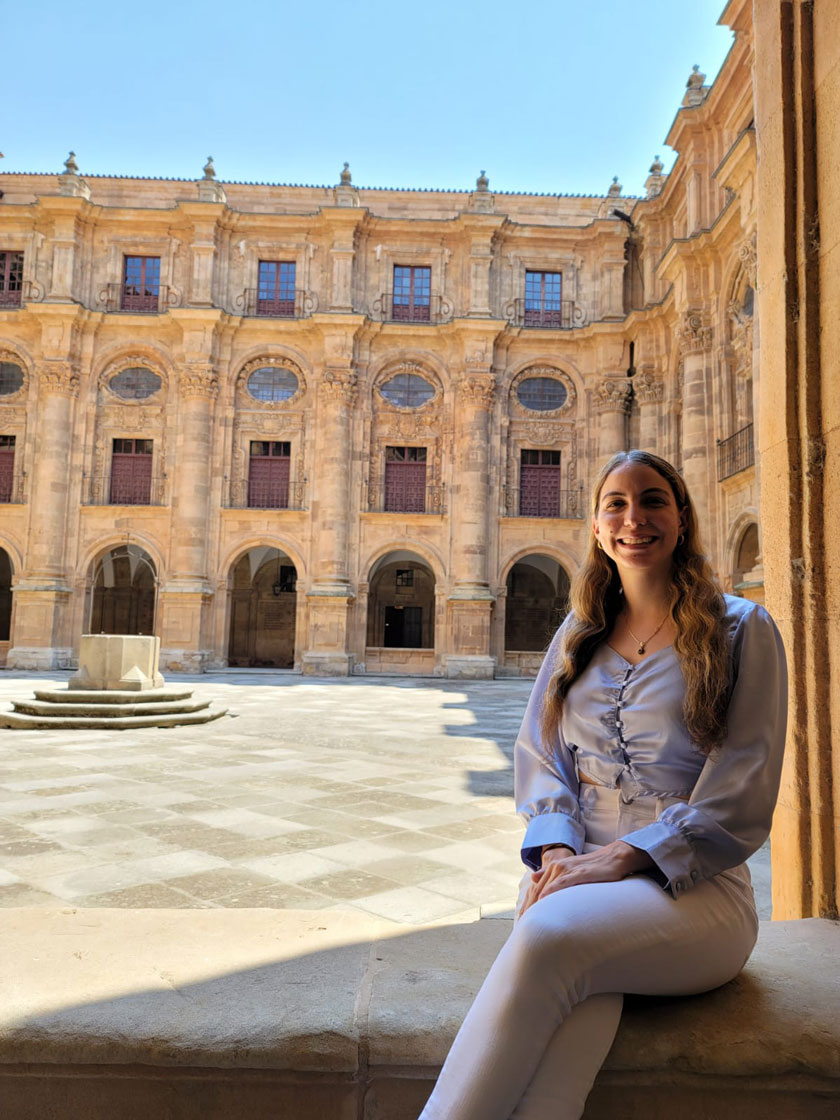FIU students customize learning centered on Latin America and the Caribbean

Dec 19, 2022, 3:30 PM.
article key points
Undergraduate and graduate degrees in Latin America and Caribbean Studies allow students to choose their educational pathway.

FIU students pursuing Latin American and Caribbean Studies (LACS) undergraduate or graduate degrees have a unique opportunity to design their own educational path. Whether it’s education, politics, business, literature, sociology, history and anthropology, students can create an interdisciplinary plan for a minor, major or even double major in LACS.
“Our goal is to provide students with the skills, resources, and networks they need to leverage their knowledge of Latin America and the Caribbean to make a meaningful impact in the world,” says Anthony Pereira, director of the Kimberly Green Latin American and Caribbean Center at FIU.
The interdisciplinary breadth and the flexibility of the LACS academic offerings are what make the programs unique, says Gabriela Hoberman, director of academic programs of the Kimberly Green Latin American and Caribbean Center. They are designed to bring focus to a region and provide expertise on a wide range of topics.
Alumna and Air Force Captain Elizabeth Garza-Guidara, a U.S. Air Force Reserve Officer at U.S. Southern Command, conducts research on counter transnational organized crime organizations throughout Latin America and the Caribbean. She says the graduate degree helped her develop a keen interest in diversity, equity and inclusion topics and how they relate to the region.
When Garza-Guidara was deployed to Cartagena, Colombia, for a counterdrug mission, her education armed her with a better understanding of how to tailor a mentorship program for young socioeconomically disadvantaged Afro-Colombian girls.
“It helped me to better understand how marginalization is expressed and perpetuated throughout a variety of cultural contexts throughout the Western Hemisphere,” she states.
Location and access to experts
FIU’s location gives it a unique vantage point as it sits at the gateway of Latin America and the Caribbean. The Latin American and Caribbean Studies Center, established in 1979, was one of the university’s first centers. Because Miami is known as a hub with more than 1,000 international companies that do business within the region, the center offers an array of tools, connections and expertise, states Hoberman. Students have many opportunities to engage with world-class experts in the region who can provide salient knowledge to deal with current regional affairs.
These specialists work on some of the most complex and pressing issues in the region. “Our students leave our classes with the unparalleled access to the region that studying in Miami gives them, an intimate understanding of the most important issues facing Latin America and the Caribbean, and an ability to analyze those issues from a global, regional, national, and local perspective,” explains Pereira. “We prepare students for change-making professional trajectories in culture and the arts, philanthropy, civil society, government, and business.”
Applied skills

The center works with organizations in a collaborative agreement and has relationships with agencies like USAID, NGOs, the intelligence community, philanthropy and academia.
According to Wazim Mowla, assistant director of the Caribbean Initiative of the Adrienne Arsht Latin America Center, when students have an academic background and immersion in Latin American and Caribbean studies, they have an edge in the hiring process.
“Being able to understand the nuances of a country or a specific situation while having a clear grasp of the region's history, context and people allows students to provide more holistic analysis and ideas when working in jobs that pertain to Latin America and the Caribbean," reasons Mowla, who has worked on initiatives with LACC.
As an example, Nicole Regalado, an alumna who completed her LACS bachelor’s degree in 2021 and is currently pursuing her master’s degree, feels the program has offered her a wealth of understanding and it has provided the foundation for her current position.
“It helps me identify the perspectives for events—think tank, corporate, political—and it helps me advocate for FIU Latin America,” notes Regalado, FIU in D.C program manager.
Students with a Latin American and Caribbean Studies background “will contribute to the solution of structural problems associated with development models, land use, environmental management, and exposure to natural and anthropic hazards,” says Juan Pablo Sarmiento, associate director for research in FIU’s Extreme Events Institute (EEI).
Ongoing initiatives
Currently, the center is working on developing a disaster risk and policy executive program with partners on campus and in the region. In Central America, the Latin American and Caribbean Center is working on how to help reduce insecurities, address gang and criminal activity and encourage development. Lastly, the newly created PROBRAS (Program of Excellence in Brazilian Studies) rests on three pillars for the region: sustainable development, business, and language and culture.
An educational journey

One student, Anyel Miranda Caballero, who recently graduated, is eager to find her professional path. A former Marine, Miranda Caballero recounts her immigration to the U.S. from Cuba as a 14 year old. For many years, she wanted to learn more about her Hispanic identity. When she started her bachelor’s degree at FIU, she learned about the LACS major—she didn’t know that such a program existed, so she signed up, readily.
Miranda Caballero’s educational pursuit has been an exercise in personal identity as she develops her professional path learning about the politics, economics, sociology, anthropology, and literature of the region.
“These humanity fields provide the foundation for our existence. They act as centerpieces to provide an understanding that enriches our human journey and self-discovery that very few disciplines can offer,” concludes Miranda Caballero.
